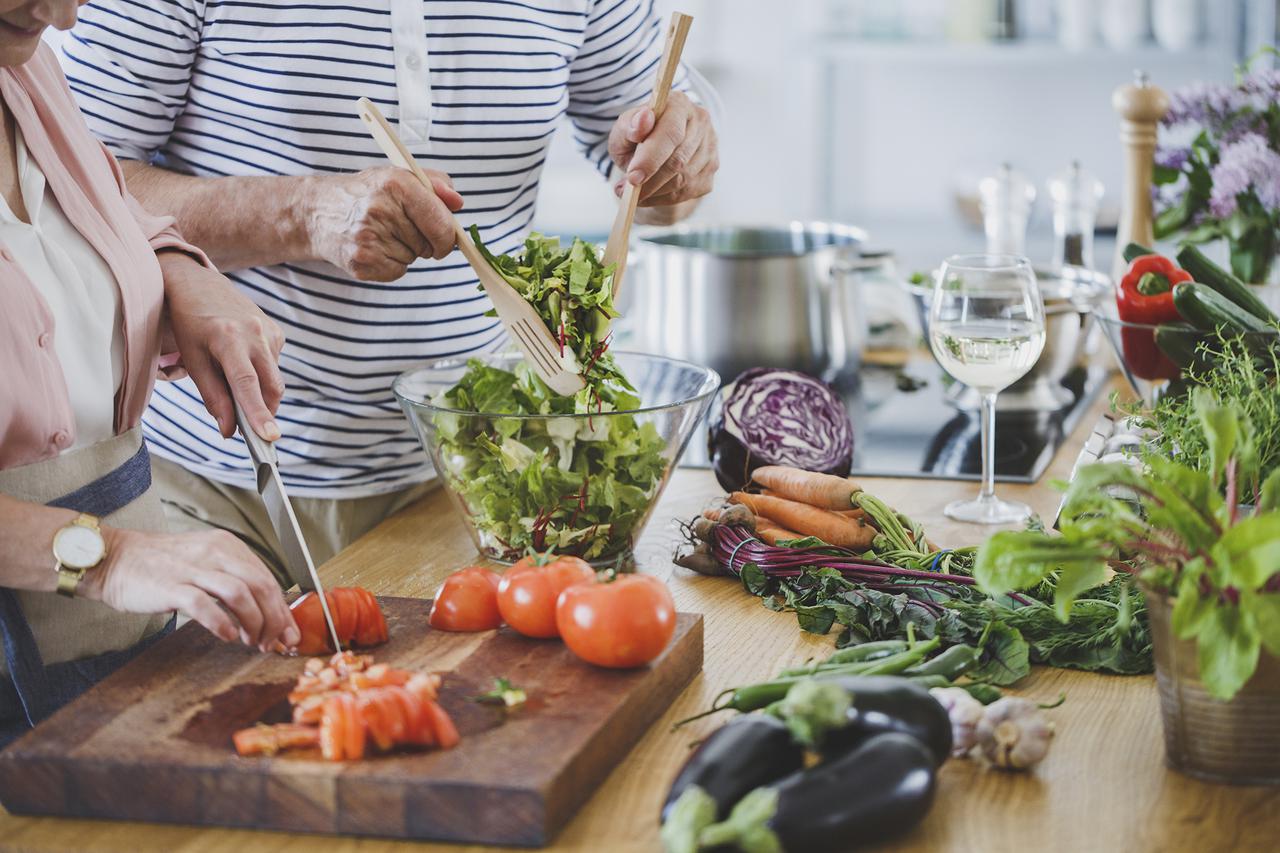Apparently this stuff works - Mike M.
You can feel the difference - Kevin K.
My BP was 157/101... now it is 129/87 - Latasha G.
Seems to work... lowered my numbers by 7% - Scott L.
It is a life saver - Golda C.
I feel better, I have more energy - Alex Y.
My BP went down 10 points in 2 weeks - Lucy W.
I have only been drinking it for 2 weeks and my BP numbers have gone down - Elizabeth S.
Apparently this stuff works - Mike M.
You can feel the difference - Kevin K.
My BP was 157/101... now it is 129/87 - Latasha G.
Seems to work... lowered my numbers by 7% - Scott L.
It is a life saver - Golda C.
I feel better, I have more energy - Alex Y.
My BP went down 10 points in 2 weeks - Lucy W.
I have only been drinking it for 2 weeks and my BP numbers have gone down - Elizabeth S.
Add description, images, menus and links to your mega menu
A column with no settings can be used as a spacer
Link to your collections, sales and even external links
Add up to five columns
Add description, images, menus and links to your mega menu
A column with no settings can be used as a spacer
Link to your collections, sales and even external links
Add up to five columns
Treat Yourself to Nitrates
June 14, 2023 3 min read

BBQs! Picnics! Street Fairs! Amusement Parks! Where does all of this fun summertime food rate on the healthy vs. unhealthy scorecard?
There is certainly is an abundance of fresh fruit and vegetables available. Obviously, we all know how they score! So many naturally occurring colors of the rainbow, all of which have health benefits to offer. But the unnatural foods we eat at some of these summer activities can potentially impact our health in ways that might surprise you.
In this issue of The 120/Life blog, I’ll be addressing nitrates. We’ll take a look at which foods are high in nitrates, how they work in our body, and how to differentiate between which nitrate-containing foods are good for us and which nitrate-containing foods aren’t.
When you chew anything containing nitrates, the natural bacteria in your mouth converts it into nitrites. After it gets to your stomach, those nitrites are converted to one of two compounds. We want them to become the one called nitric oxide, a gas which also happens to be a potent blood vessel dilator. When blood vessels are dilated, they are relaxed and widened, allowing for more blood flow, which helps normalize blood pressure. Increased nitric oxide in the body also promotes the removal of waste and carbon dioxide from, as well as promoting delivery of oxygen and nutrients to, the body. These benefits are particularly important to your heart, genitals, and brain.
GOOD FOR US
You have to love the beet. Yes, the beautifully, naturally red beet is one of the most potent and healthy nitrate-containing foods in nature. Its antioxidant content (e.g., vitamin C and polyphenols) as well its lack of industrial processing assists our body in creating nitric oxide, as well as preventing the body from creating dangerous nitrosamines (described below).
BAD FOR US
The nitrite and nitrate-containing foods to avoid are cured and processed meats. Bacon and hot dogs are just two of these culprits, both of which are often dished up at picnics and BBQs. When you eat these foods, they are most often converted to a compound that is carcinogenic. Even though these foods contain nitrites, it is usually in the form of sodium nitrite or sodium nitrate (as opposed to a naturally occurring nitrate). When these foods are chewed and swallowed and make their way to your stomach, the meat’s protein and heme content (the molecule that carries iron in animals) help convert the nitrite into the carcinogens called nitrosamines. We don’t want that.
The sodium nitrite/sodium nitrate in these processed meats have the added disadvantage of being high in – you guessed it – sodium, which we need to limit to help normalize our blood pressure.
Wow. Does that mean never eating a hot dog again? That’s up to you. As for me, I like to tell the story of being at BBQ a few years ago. One of the people who knew that I’m a nutritionist came up to me mid-bite and said, “you’re eating a hot dog?” And I replied “yup, I’m still a human!” :)
Once in a while is okay. It’s summer, after all! But do your best to make sure that your daily routine includes lots of healthy, naturally occurring, nitrate-containing foods like:
- Beetroot
- Arugula
- Fennel
- Leek
- Parsley
- Endive
- Carrot
- Spinach
- Chinese cabbage
- Bok choy
- Cabbage
- Rhubarb
- Dill
- Turnip
Your heart will thank you later. Here’s to your health!
Leave a comment
Comments will be approved before showing up.
Subscribe
Sign up to get the latest on sales, new releases and more …

